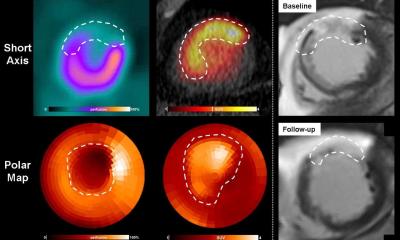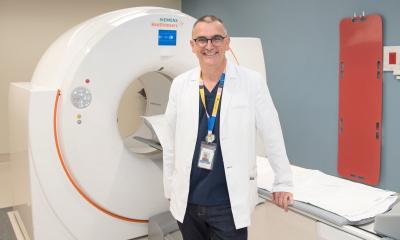Intensity modulated radiotherapy
UK’s cancer innovation fund will share treatment more fairly
A new £15 million Cancer Radiotherapy Innovation Fund, announced in October by Prime Minister David Cameron and Health Secretary Jeremy Hunt, could provide nearly 8,000 more cancer patients with access to Intensity Modulated Radiotherapy (IMRT) during the rest of 2012-13. ‘Radiotherapy is one of the most clinically and cost-effective treatments for cancer and this funding will bring our additional investment in radiotherapy over the Spending Review period to £165 million,’ Jeremy Hunt pointed out.
Most of the 50 radiotherapy treatment centres in England presently do not provide IMRT to every patient who could benefit from this technique. Under a new NHS system, cancer treatments will be planned and paid for on a national basis, so that patients do not miss out on certain treatments because of where they happened to live. Thus, for example, brain tumour patients needing stereotactic radiosurgery will have the same access to this treatment as anyone else. Dr Harpal Kumar, chief executive of Cancer Research UK, commented that the new fund would help to place the country as a worldleader in cancer therapy since radiotherapy cures more cancers than drugs and IMRT presents a higher chance for survival. The already operating Cancer Drugs Fund has so far assisted more than 21,000 patients.
IMRT is a very precise technique that uses hundreds of collimators to shape the radiotherapy area. The collimators can move during treatment and vary the beams intensity as they are aimed at a tumour from different directions during each treatment dose. IMRT can also create a dipped area to avoid structures that would be damaged by radiotherapy, such as the spinal cord or salivary glands. An oncology team uses a patient’s 3-D CT images to plan treatment, based on computerised calculations to ascertain the dose intensity pattern to match closely to the tumour shape and thus spare surrounding tissue.
05.11.2012





